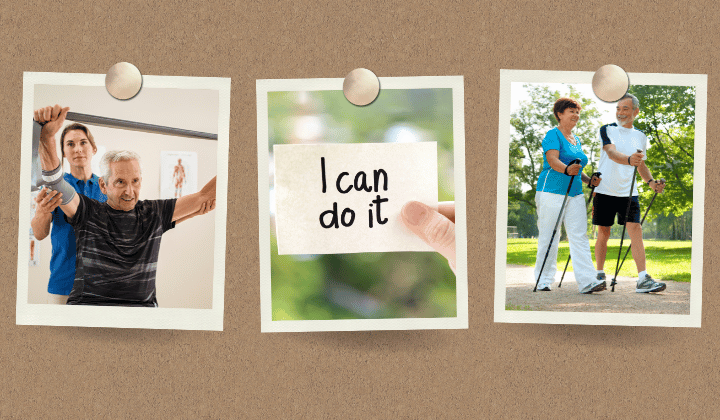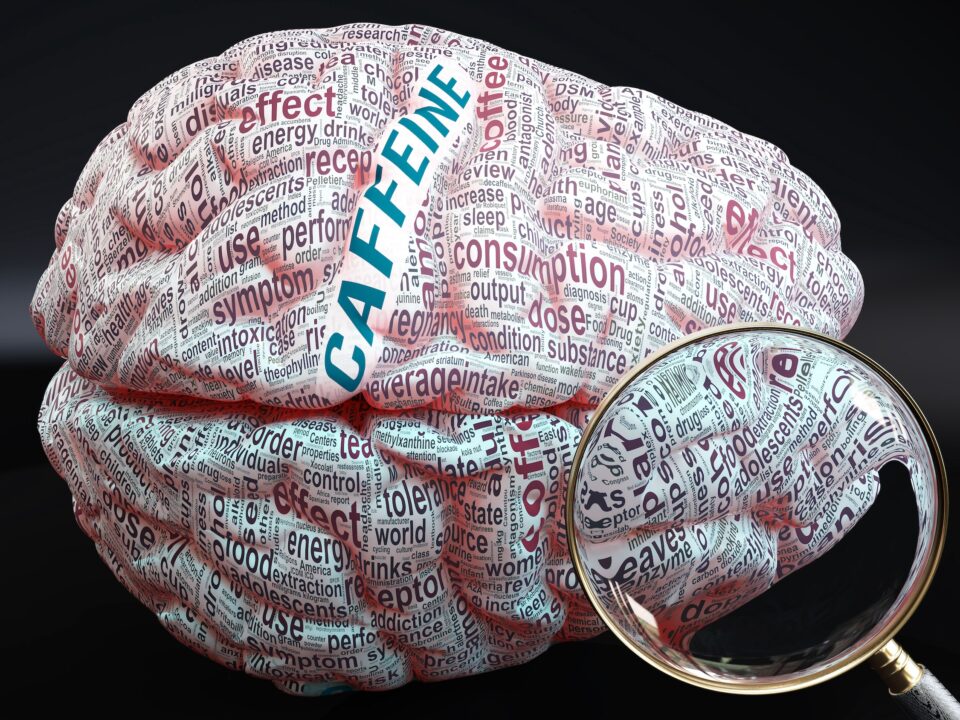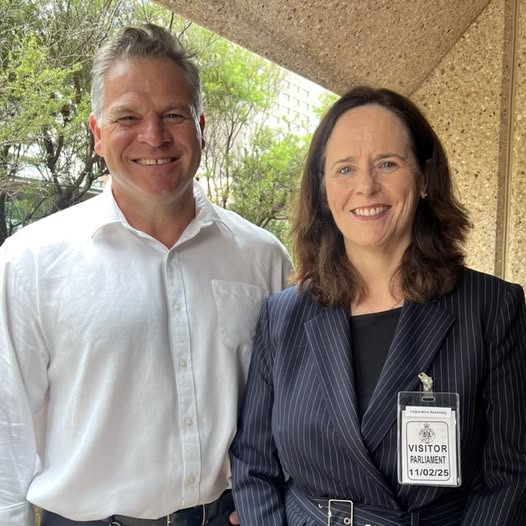My [Parkinson’s] Life – Michael Buckley
Parkinson’s NSW develops online education for Aged Care
25th March 2021
World Parkinson’s Day 2021
2nd April 2021My [Parkinson’s] Life – Michael Buckley
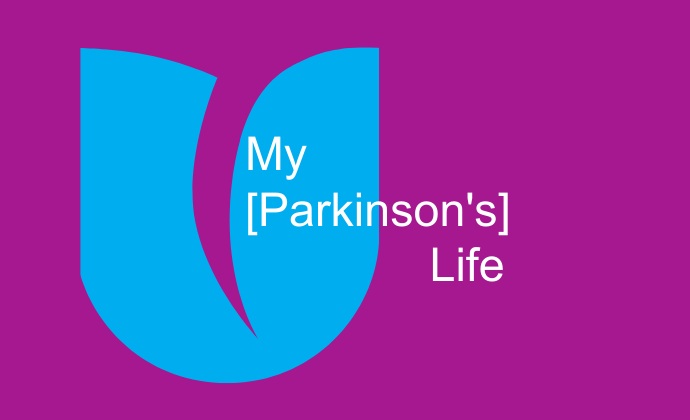
My [Parkinson’s] Life – Michael Buckley
Having Parkinson’s is just one aspect of a person’s life story. We want to share more stories of the varied lives of people currently living with Parkinson’s.
MICHAEL BUCKLEY
Michael Buckley was born in New Zealand 65 years ago, but by six months of age he and his family were living in Springvale, Melbourne.
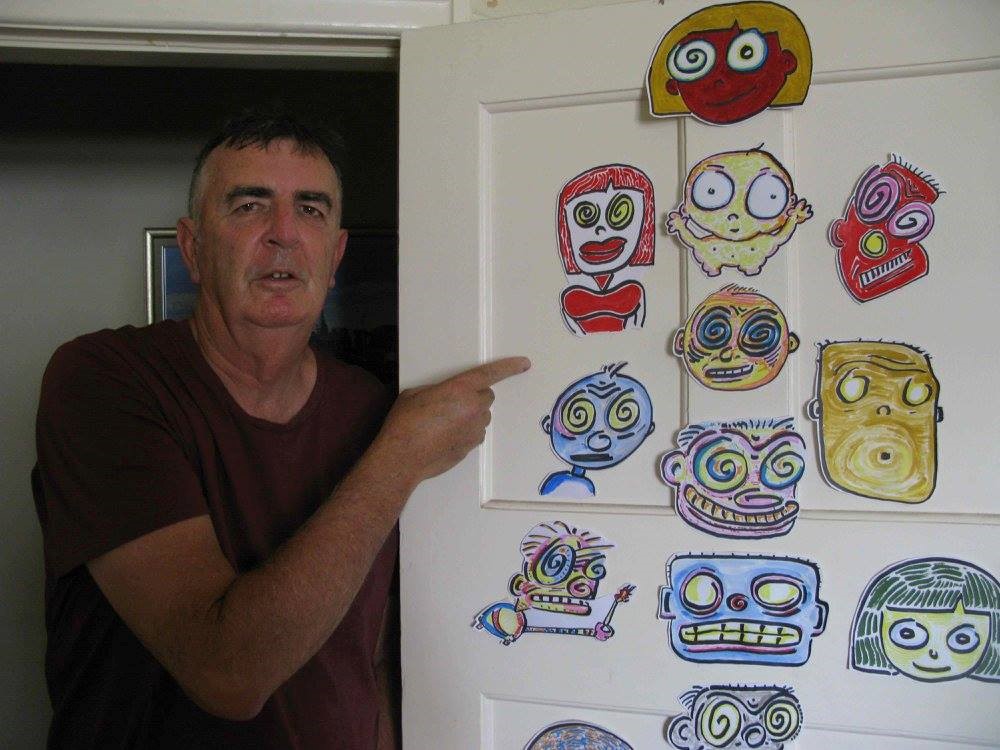
“It was very much a nuclear family,” he recalls. “Just my older brother and my parents. We didn’t have any relatives here, so it was quite insular.”
Following school Michael moved on to a teaching degree. He’d reached the stage of requiring just eight more days of teaching experience when he discovered an animation course.
The degree was never completed, and Michael began studying animation and film-making – fields he has worked in ever since.
“In 1980 I headed to Europe where I lived for three years doing a range of odd jobs in Germany and France and living in squats in London,” he says. “We had some classic backpacking adventures. And then I went back to Melbourne where I met my wife, Sue.
“We lived in the Collingwood and Fitzroy area for 20 years. Over that time we took family holidays to the New South Wales South Coast and ended up purchasing a holiday house near Jervis Bay ten years ago. This became our home a few years ago.”
A couple of years before that purchase, Michael had begun noticing he was having some trouble using his computer mouse. He was doing a lot of editing on his computer, working for three or four hours each session.
“I went to the doctor because I was finding I couldn’t just click the mouse,” said Michael. “I thought it was repetitive strain injury. I’d also noticed that when I’d be taking notes over the phone on a project and I’d try to read it back it was nearly illegible.
“When he assessed me and told me that I had Parkinson’s it was quite a shock. For two weeks I didn’t tell anyone, not even my wife.
“I WAS IN DENIAL. IT DIDN’T EXIST IF I DIDN’T TELL ANYONE. IT WAS MY WAY OF COPING. AND THEN I HAD TO START GOING DOWN THE PARKINSON’S ROAD,” HE SAID.
Because Michael’s Parkinson’s was ‘quite mild’ in its initial effects, he decided to try some alternative treatments first.
“These included changing my diet,” says Michael. “I was just experiencing different ways of dealing with it and for two and a half years I didn’t take any medications. My practitioner said one thing which was a little challenging to a male of my generation.
“He said, ‘You’ve got to love yourself’. I’ve changed that to liking myself, but he was clear on being affirmative of yourself and your abilities. It’s very important to continue to do the things which you enjoy and for me that’s my creative side.
“For thirty years I had made resources for different disability groups on their rights and various issues through short films and animation – mostly for people with intellectual disabilities.
“I ALSO HAD A CAREER AS AN INDEPENDENT FILMMAKER AND WAS A PIONEER IN TERMS OF MAKING INTERACTIVE WORKS. I STILL MAKE SHORT, INDEPENDENT FILMS AND DO A LOT OF WRITING AND SHORT STORIES.
“Now, ironically, I consider myself to have an acquired brain injury as things are becoming more difficult. But I continue to explore my creative side.”
Michael’s wife Sue’s career involved travel to Europe for several weeks to months at a time, so their time was split between their beach house and travel. Meanwhile, their only child, Simeon, lived back in Melbourne.
Michael continued working creatively in various media and received an Australia Council grant in 2015 for an exhibition of his paintings in Hamburg, Germany.
“I also do a lot of drawing,” says Michael. “Parkinson’s hasn’t incapacitated my drawing ability. And also my driving ability is reasonably good. Sue is still happy to accompany me!
“I also exercise to a degree. I bought an electric bike three years ago and go riding every morning for half an hour. It’s not just coasting along; you still require effort to get up the hills.
“I do yoga once a week and sometimes I’m the only male in the class. I kind of just get on and do things to be socially active as well as physically active.
“I don’t have any friends with Parkinson’s, although a neighbour up the road has the disease. My main contact with Parkinson’s information and support is through (Parkinson’s Specialist Nurse) Nina. She’s been really great.”
Last year Michael’s first grandchild was born, but the COVID travel restrictions meant they didn’t meet him until last November. While they were spending some time getting to know their new grandson in Melbourne, his wife Sue discovered she had breast cancer.
“We are still in Melbourne,” says Michael during his February interview. “We are dealing with that here and can’t go back to Jervis Bay yet.”
Michael is also planning to visit a Parkinson’s specialist for an update on his treatment.
“I have noticed that I am slowing down more,” he says. “I feel a bit alone with it. But I try to keep busy with the activities that I’m good at. I also do most of the cooking even though sometimes I feel tired or useless by late afternoon.
“It can be a real juggling act to have two or three things on the go when cooking dinner. But trying new recipes keeps my brain active.
“You can’t get over Parkinson’s, but you can ‘play’ with it by trying out things. It’s best to just keep going and not letting it cripple you.
“I have a dark sense of humour. I like to ‘send up’ my Parkinson’s and have made some short films and cartoons about it. That’s one of my methods of dealing with Parkinson’s.
“I DON’T LET PARKINSON’S GET ME DOWN. MY BEST DAYS ARE WHEN I DON’T THINK ABOUT PARKINSON’S TOO MUCH,” CONCLUDED MICHAEL.

